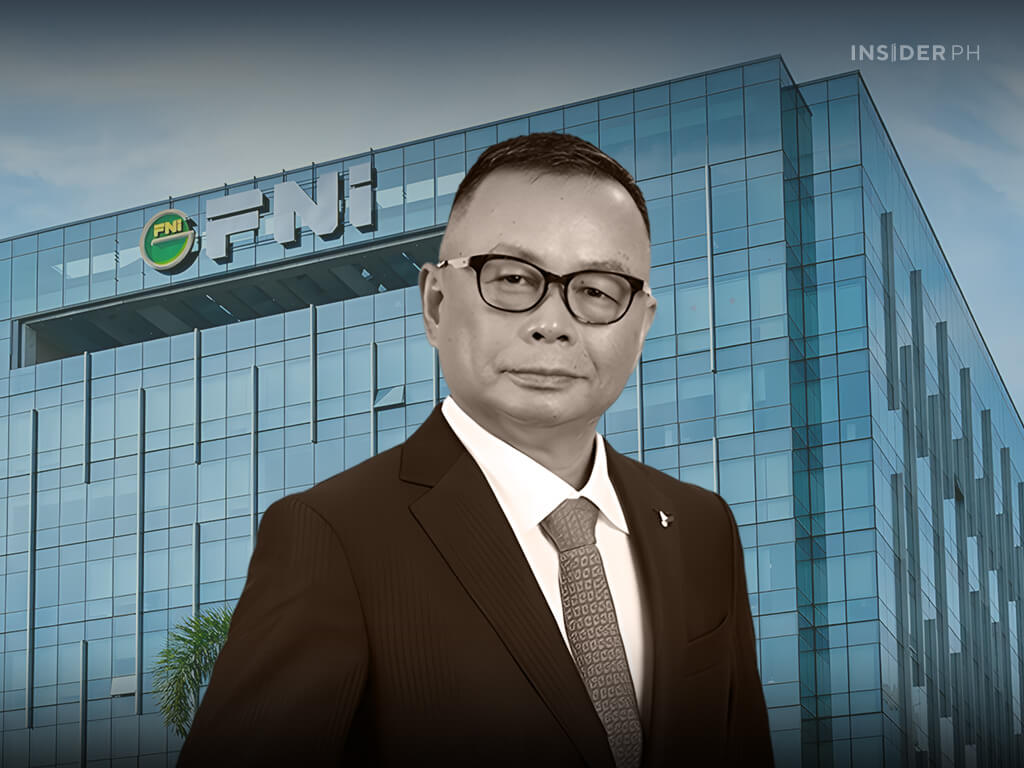

In a media briefing, PNIA president Dante Bravo emphasized that while the organization supports value-added processing, an export ban is not a timely policy for the sector.
“We support the aspirations of the government for a more developed nickel industry. However, it is our position that an export ban is not a timely policy at the moment,” he said. “The government needs to create a more conducive business environment before pushing for policies that might disrupt the industry’s progress.”
The proposal to prohibit raw nickel ore exports — made via a bill authored by Senate President Francis Escudero, and approved by the upper chamber earlier this month — aims to encourage domestic processing, similar to Indonesia’s strategy.
However, Bravo argued that Indonesia had already secured foreign investments and built the necessary infrastructure before implementing its ban.
Challenges in value-added processing
The Philippines faces several regulatory and business challenges that hinder the establishment of processing facilities. Bravo noted that the permitting process for mining operations can take over 10 years, making the country less attractive to investors.
“Value-added processing requires more than just government support and building facilities; first and foremost, we need to conduct a strategic and in-depth mapping of resources to identify quality and quantity of nickel,” he explained. “Additionally, we have to begin upskilling our mining engineers to prepare them for processing activities.
Bravo warned that imposing an ore export ban prematurely could lead to mine closures and job losses without addressing these issues.
Global competition and market risks
The proposed policy also comes amid rising competition from Brazil, Australia, and New Caledonia, which are increasing nickel production. Bravo cautioned that an export ban could drive buyers toward these alternative suppliers, weakening the Philippines’ position in the global market.
“If the Philippines were to implement an ore export ban, countries like China may turn to other nickel suppliers,” he said. “As these markets grow more competitive, we could lose valuable buyers and miss out on key export opportunities.”
Additionally, geopolitical shifts and trade tensions could impact the industry. “The growing uncertainty in global trade, particularly regarding potential trade tariffs, places the competitiveness of Philippine nickel exports at risk,” Bravo noted.
Industry outlook for 2025
PNIA estimates that global nickel consumption will increase by 5 percent in 2025 to 3.514 million tons, driven by demand from the stainless steel and renewable energy sectors. However, nickel prices, which recently hit a four-year low, are expected to remain under pressure due to oversupply from Indonesia and shifts in battery technology.
Bravo emphasized that the focus should be on attracting investments and addressing industry inefficiencies rather than imposing restrictive policies.
“We must work with the government to create policies that encourage investment in both mining and value-added processing, ensuring that the benefits of the nickel industry are fully realized for all stakeholders,” he said.
The Department of Trade and Industry reports that foreign investments in the Philippines’ mining and quarrying industry have reached P79.19 billion between July 2022 and December 2024, with key investments from China, Australia, and Japan.
PNIA said continues to engage with the government to ensure a sustainable and competitive mining sector while balancing economic growth and environmental responsibility.
